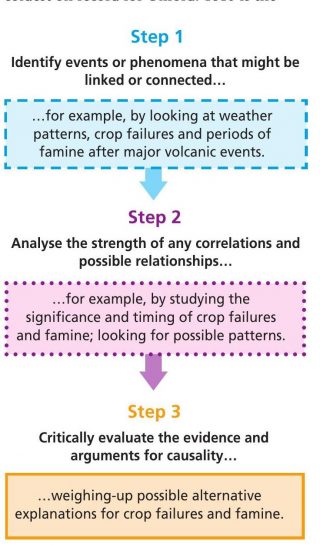The combined activities of humans are unprecedented in their scale, scope and impact on the world’s physical geography. Human activities are altering the biosphere, hydrosphere, cryosphere and atmosphere. Unprecedented levels of international cooperation are required to tackle the resulting problems, such as acidification of the oceans. Many scientists claim that we’ve entered the Anthropocene — the ‘human epoch’ — and have accidentally taken the Earth out of the 11,500 year interglacial period called the Holocene.
While humans have transformed local and regional environments for millennia, never before have they been able to influence what geoscientists call the Earth System. The implications are profound. Humans have, in effect, initiated a large-scale, uncontrolled experiment. Recent mass bleaching events on the Great Barrier Reef in Australia, caused by ocean warming (as water absorbs heat from a progressively hotter atmosphere), prove the point. In response to these and other anthropogenic impacts, national governments will need to cooperate more frequently and effectively. The United Nations (UN) is the lead institution for so-called ‘multilateral action’. But can it rise to the pressing challenge of Earth System governance?
Your organisation does not have access to this article.
Sign up today to give your students the edge they need to achieve their best grades with subject expertise
Subscribe




